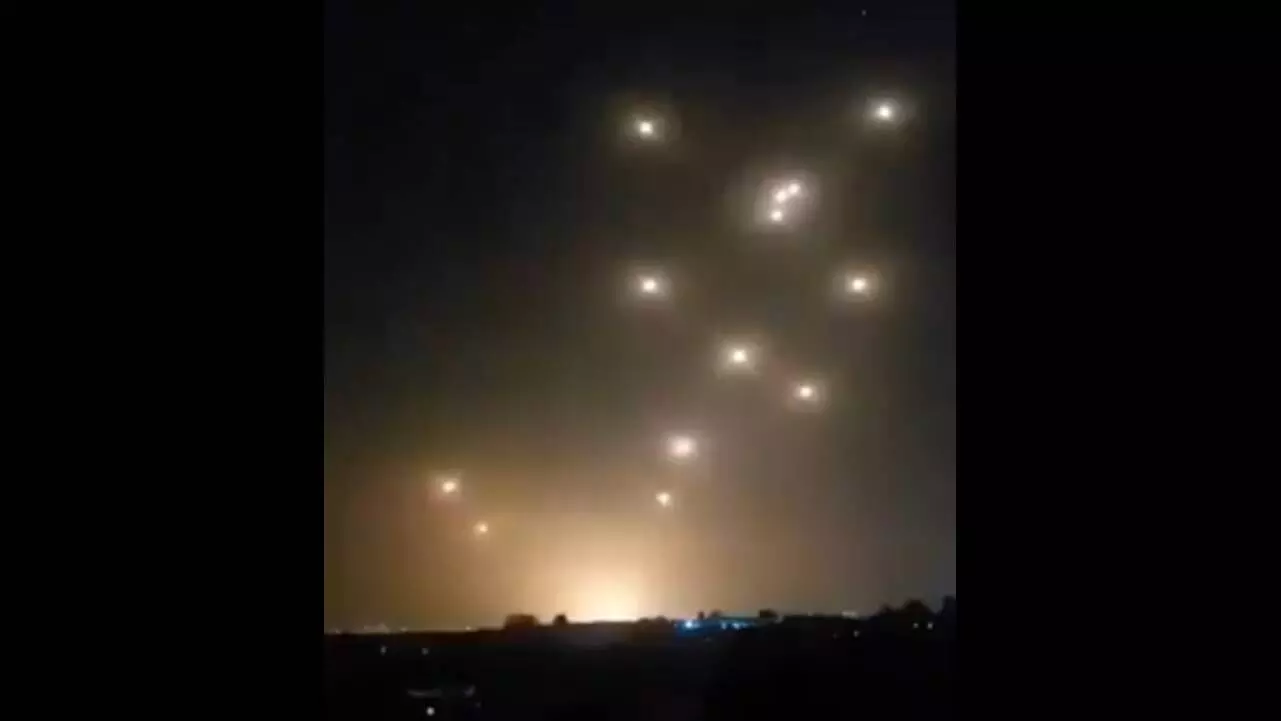Avoid all non-essential travel to Iran: MEA
India on Wednesday issued a travel advisory for its citizens, advising them to avoid all non-essential travel to Iran due to the escalating tension in the region
image for illustrative purpose

New Delhi, Oct 2: India on Wednesday issued a travel advisory for its citizens, advising them to avoid all non-essential travel to Iran due to the escalating tension in the region.
"We are closely monitoring the recent escalation in the security situation in the region," the travel advisory issued by the Ministry of External Affairs (MEA) said adding that "Indian nationals are advised to avoid all non-essential travel to Iran".
The MEA also urged Indians currently residing in Iran to remain vigilant and stay in contact with the Indian Embassy in Tehran.
The travel advisory was issued after Iran fired a barrage of around 200 missiles at Israel on Tuesday night.
Last week, External Affairs Minister (EAM) S. Jaishankar had held discussions with the Iranian Foreign Minister Seyed Abbas Araghch on the current geopolitical scenario in the region during the BRICS meeting held on the sidelines of the UNGA in New York.
Tehran, meanwhile, said that it had targetted the "military and security establishments" in Israel during the attacks on Tuesday night.
"This action was in defence of the interests and citizens of Iran. Let Netanyahu know that Iran is not a belligerent, but it stands firmly against any threat. This is only a corner of our power. Do not enter into a conflict with Iran," warned Iranian President Masoud Pezeshkian after the missile attack.
With Israel also vowing to retaliate, situation is expected to turn extremely tense in the region.
According to the Israel Defense Forces (IDF), the country's air defences intercepted "a large number" of the 180 ballistic missiles launched by Iran.
The US also backed Israel, both diplomatically and by detecting the threat from Iran besides intercepting some of the missiles, The Times of Israel reported, citing the Israel Defense Forces (IDF).
Hours after the Iranian strike, Israeli Prime Minister Benjamin Netanyahu told a Security Cabinet meeting that Iran had made a "big mistake" and "will pay" for it.
Earlier, IDF spokesman Daniel Hagari said: "Iran's attack is a severe and dangerous escalation. There will be consequences... We will respond wherever, whenever and however we choose, following the directive of the government of Israel."
During the missile attack, Israel's Airports Authority had announced the closure of the country's airspace, with incoming flights redirected to other countries.
Due to security concerns, nearby countries of Jordan and Iraq have also announced the temporary closure of their airspace to flights and suspension of air traffic.

